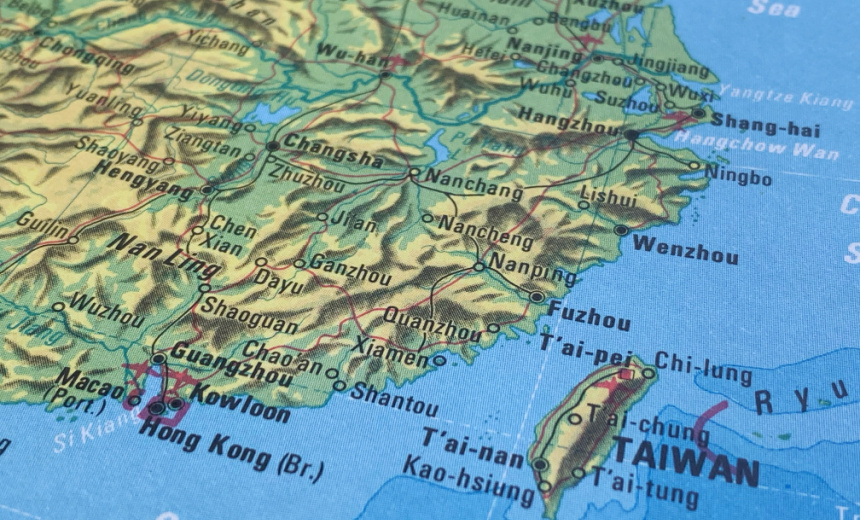Cyberwarfare / Nation-State Attacks,
Fraud Management & Cybercrime
China’s Ministry of State Security Exposes Alleged Taiwanese Hackers

Manipulating adversaries through psychological strategies can be exceptionally effective, particularly when leveraging well-known tactics from their own playbook.
See Also: Financial & Banking Services: Cybersecurity Trends from Expel’s 2025 Annual Threat Report
This week, China’s Ministry of State Security (MSS) released details identifying four alleged Taiwanese nation-state hackers. The disclosure includes their names, dates of birth, positions, identification numbers, and photographs. This unprecedented move by China emphasizes its stance against Taiwanese independence, labeling it as a “fantasy” while urging these individuals to cease their cyber activities that allegedly threaten national integrity.
The public communication, outlined in an article on the official English-language site of China’s Ministry of National Defense, critiques the four from Taiwan’s Information, Communications and Electronic Force Command (ICEF). Cybersecurity expert Oleg Shakirov remarked that this strategy mirrors the U.S. government’s approach to attributing hacking activities, which gained traction following U.S. indictments of Chinese military hackers in 2014.
Moreover, several Chinese cybersecurity firms have independently reported hacking activities they attribute to Taiwan. Shakirov suggests that there is likely encouragement for these firms to disclose their findings on Taiwanese cyberspace activities, indicating a coordinated effort to present Taiwan as a cyber threat.
This tactic of attributing cyber operations is reminiscent of U.S. actions that publicly named various Chinese entities involved in cyber espionage against U.S. institutions. While Washington’s indictments serve as diplomatic disapproval—an assertion that calls out Beijing’s actions—Beijing’s move to identify Taiwanese individuals publicly is a notable escalation.
Intelligent assessments indicate that President Xi Jinping has directed military readiness for a possible ground invasion of Taiwan by 2027, and should such an event transpire, the ICEF is expected to play a vital role in delaying any Chinese advances.
